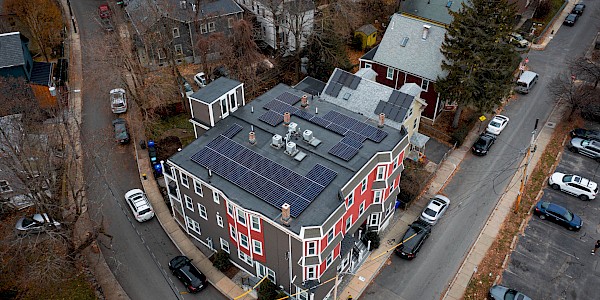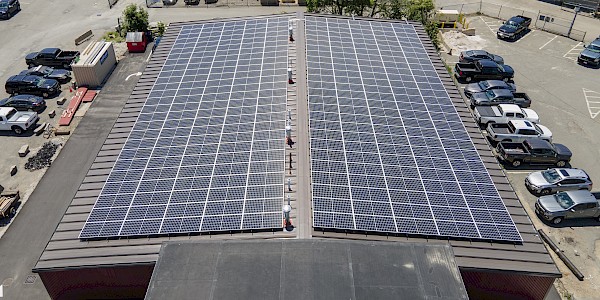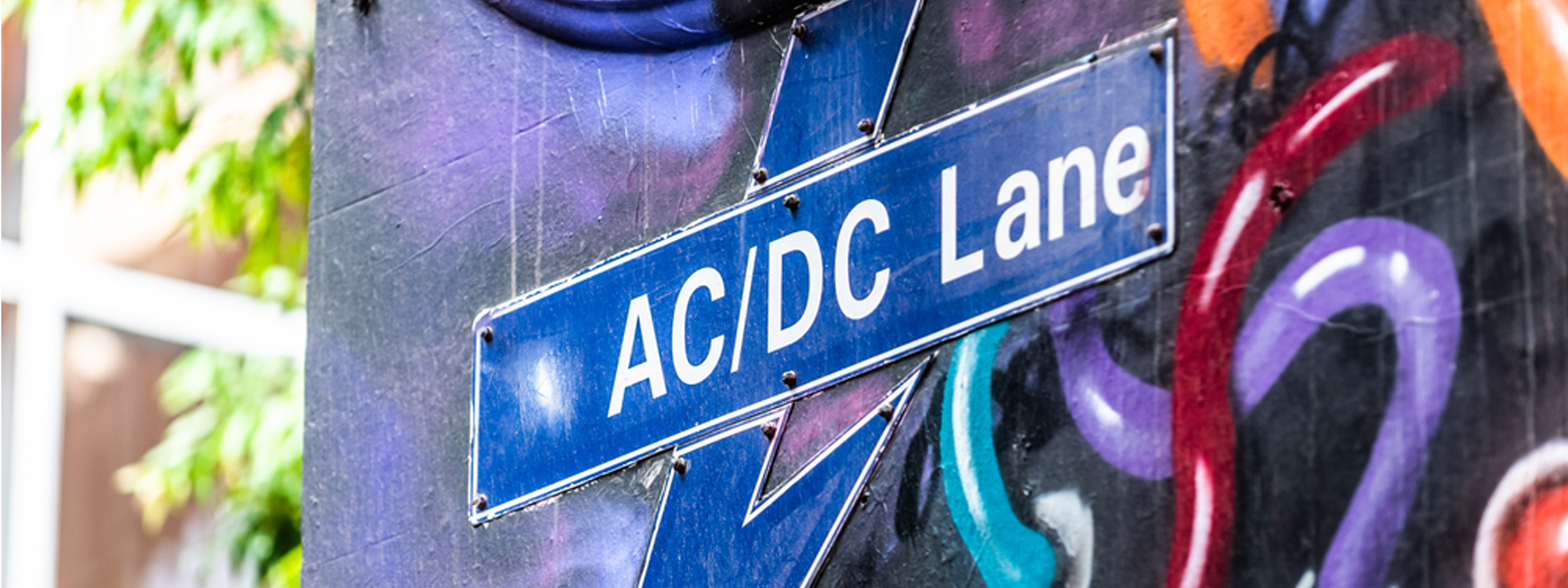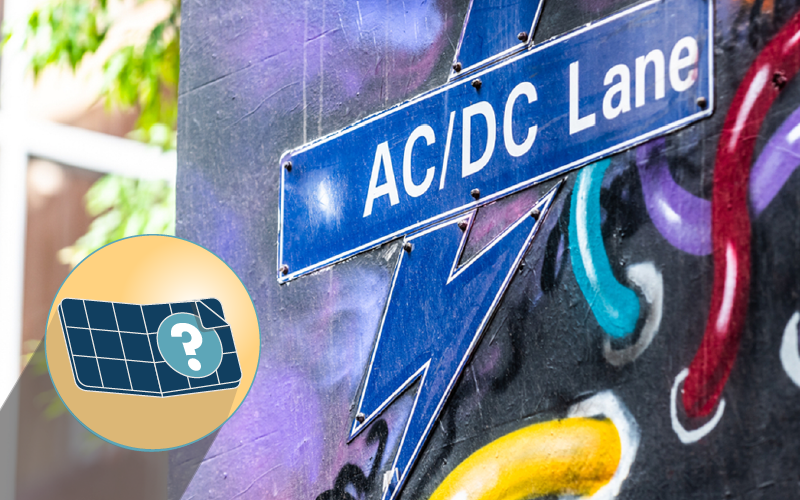AC & DC Coupling for Solar Batteries: What's the Difference?
Oct. 07, 2020
When it comes to understanding your residential solar battery backup options, are you “Thunderstruck” with the complicated nature of solar energy? Whenever you go down the road of solar battery backup research, does it feel like a “Highway to Hell”? AC/DC references aside, understanding how solar energy works doesn’t have to be any more complicated than listening to a rock song. Here are the things you need to know about the differences between AC and DC coupled batteries.
Electricity Two Ways
Getting right to it, there are two types of electricity: Alternating Current (AC) and Direct Current (DC). Back in 1880, as the electrical infrastructure of America was being heavily debated, George Westinghouse successfully lobbied for the implementation of AC electricity, beating out Thomas Edison’s vision for DC electricity. At the time, AC electricity was sold as a safer method that allowed for the distribution of electricity over greater distances at a lower cost than DC electricity (looking for some electrifying entertainment around this historical topic? Watch “The Current War”!).
While homes in America have used AC electricity, solar panels convert the rays of the sun to DC electricity. In order for a home to use the solar electricity converted from solar panels, that DC electricity must be converted to AC using a piece of equipment called an inverter, and each time this conversion happens, there is only a small loss in efficiency.
DC/AC Conversion and Solar Batteries
So, how is this DC to AC conversion handled when it comes to adding the flexibility and reliability of solar battery backup systems? Solar battery backups, like Tesla Powerwall, the Sonnen Eco, or the Generac PWRcell, store excess energy from solar panels for later use, when solar production is low. However, some of these backup batteries store that excess energy in its DC form, meaning it will need to be converted before it is used in your home. There are two ways to set up a system of solar panels, inverters, and batteries, each with their own pros and cons:
AC Coupled Batteries
An AC coupling battery storage signal flow puts the solar battery on the other side of your home energy usage from your solar panel production. Your solar panels convert the sun’s rays to DC electricity, while an inverter converts that to AC and sends AC energy to your home (or back to the grid), and any excess electricity is converted back from AC to DC again (through another separate inverter) before being stored in a DC solar battery. A third DC to AC conversion then needs to occur, before that saved solar battery electricity can be used in your home. With AC batteries, the second inverter is removed from the electricity conversion path.
AC Coupled System (First Gen Tesla Powerwall or LG Chem RESU):
Solar panels (DC) —> Inverter —> Home use (or Grid) (AC) <—> Inverter (multi-directional) <—> (DC) Solar battery
AC Battery System (Tesla Powerwall 2 or sonnenBatterie):
Solar panels (DC) —> Inverter —> Home use (or Grid) (AC) <—> AC Battery
Pros:
Compatible with most inverters
Ability to charge the battery from the grid
Easier for retrofit installations
Cons:
Greater loss in efficiency from multiple conversions compared to DC coupled
DC Coupled Batteries
A DC coupling signal flow is simpler, and requires fewer DC/AC conversions since the solar panels and DC solar battery are coupled between the inverter. Solar panels generate DC electricity directly to a solar battery via a charge controller, where it is either stored in its DC form or sent to an inverter to be converted to AC electricity for home use.
DC Coupled / DC Battery (Generac PWRcell)
Solar panels (DC)—> Charge Controller —> Solar battery (DC) <—> Inverter (hybrid or multi-mode) <—> Home use (or Grid) (AC)
Pros:
Higher efficiency from fewer conversions
Easy installation
Simpler operation
Generac PWRcell comes with its own inverter for easier installation
Cons:
Retrofit installation more difficult
Choosing the Right Solar Battery Backup
As we mentioned, there are some solar battery backup products that are either AC coupled, AC battery or DC coupled/DC battery. Choosing the right one will depend on which kind of coupling system you are looking to install and that is right for your home. Here are the solar batteries that we install, and which type of energy they store:
- Tesla Powerwall 2: AC Battery
- Sonnen eco: AC Battery
- Generac PWRcell: DC Battery
Not sure which solar battery backup system will be best for your home? Schedule a free solar quote with the number one Massachusetts based solar installer at Boston Solar, and we can discuss your goals for your future solar energy usage, and how you can best utilize the incentives, rebates, and tax credits available to reduce your upfront solar installation costs!
Start making your plans for an energy resilient home, with solar battery storage. Schedule a free solar quote with Boston Solar by calling 617-858-1645 or get in touch here.




